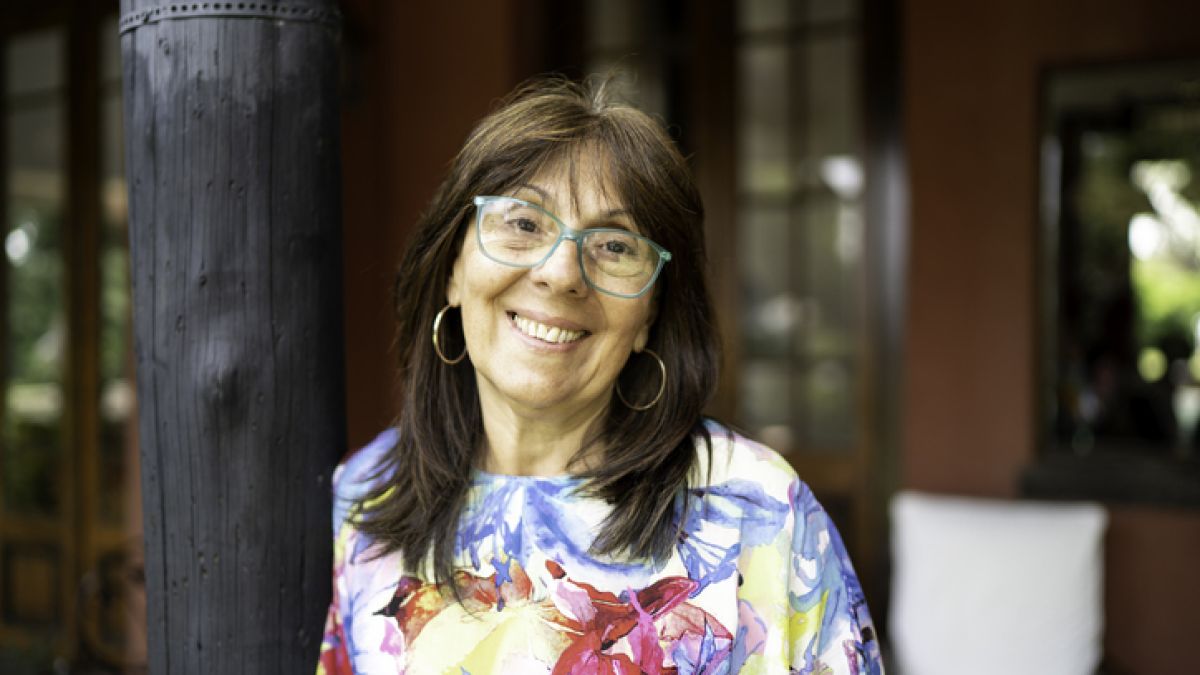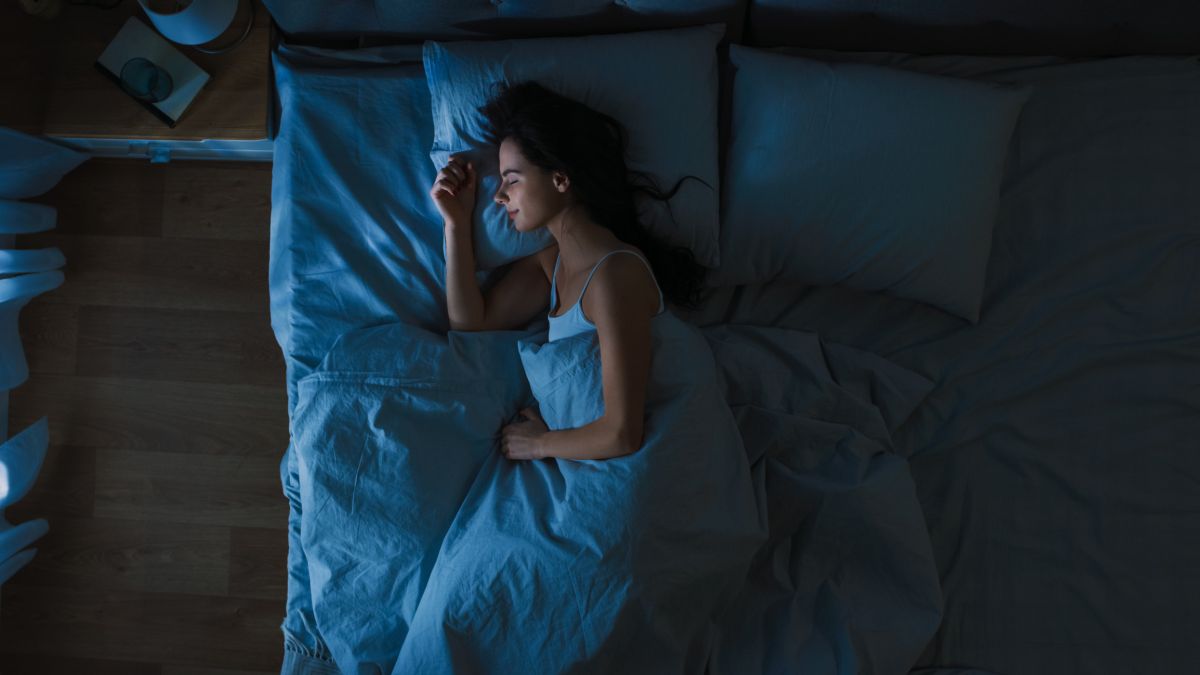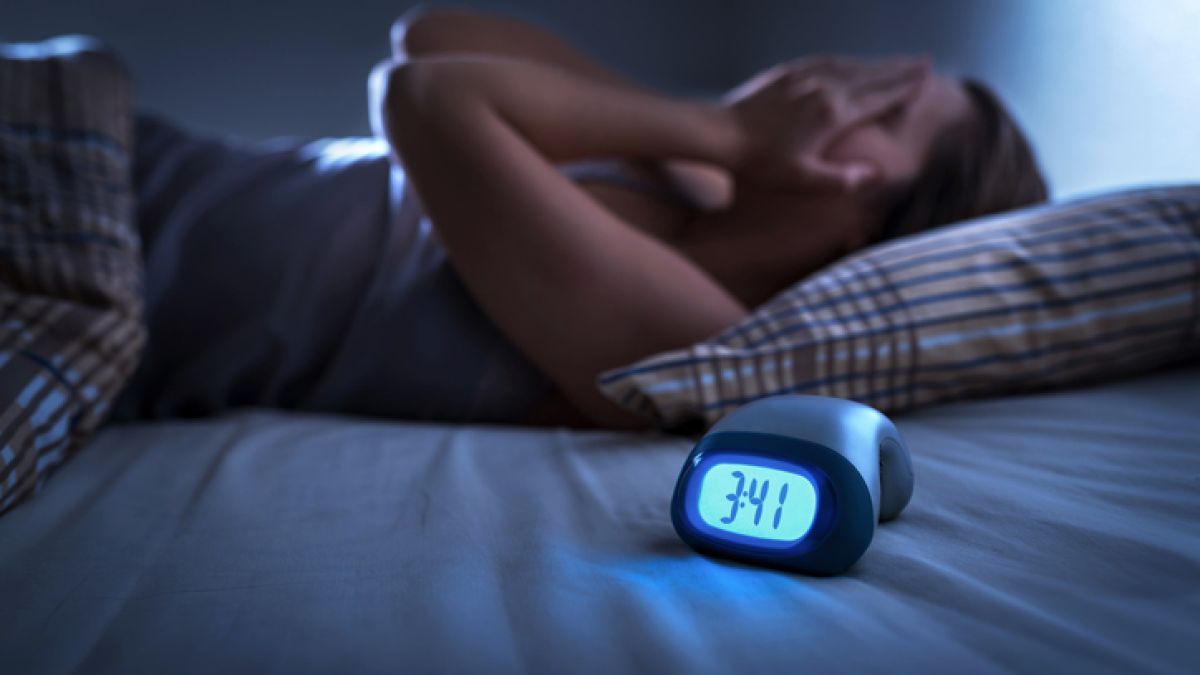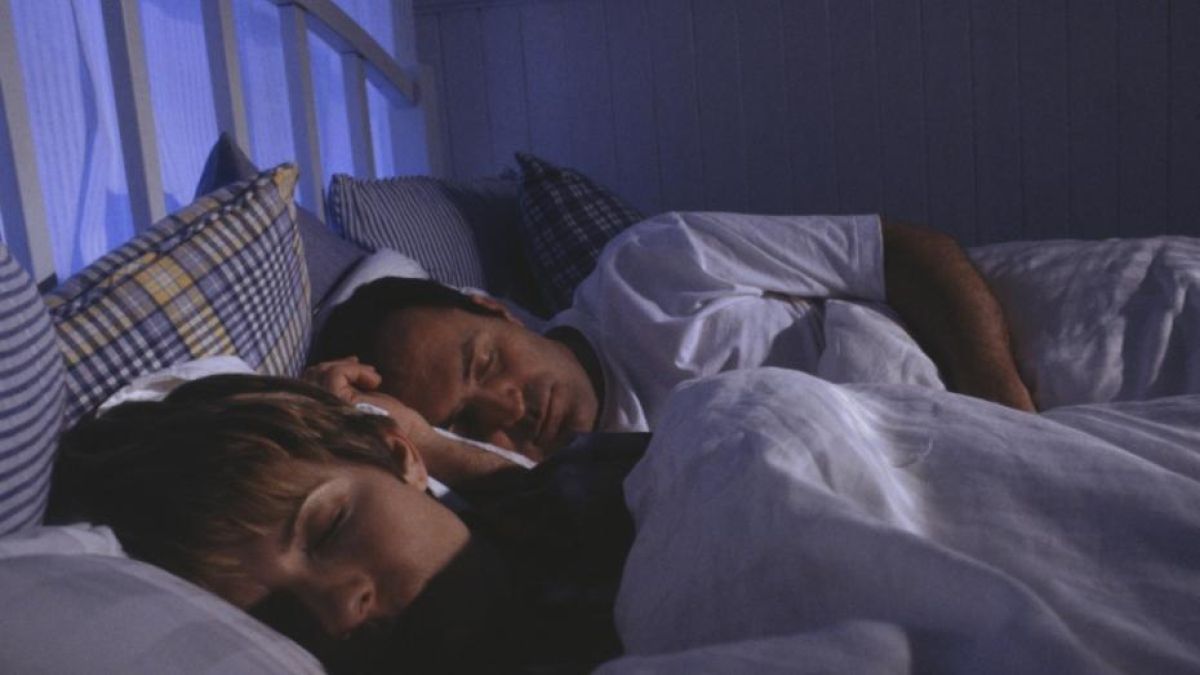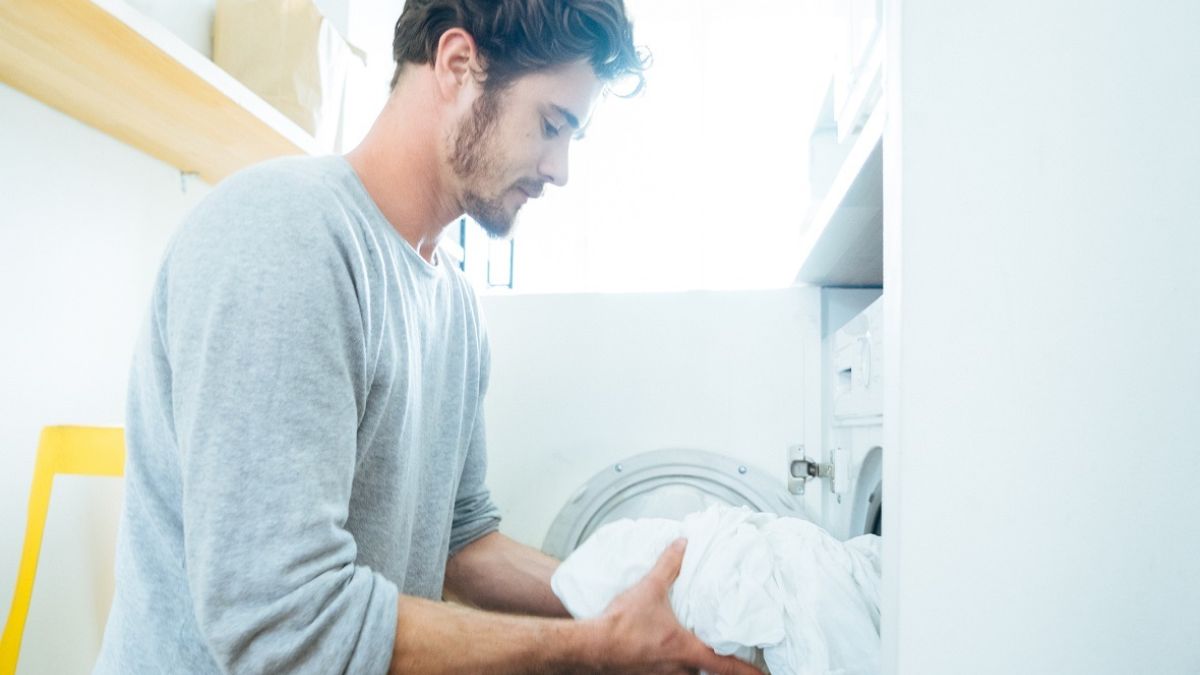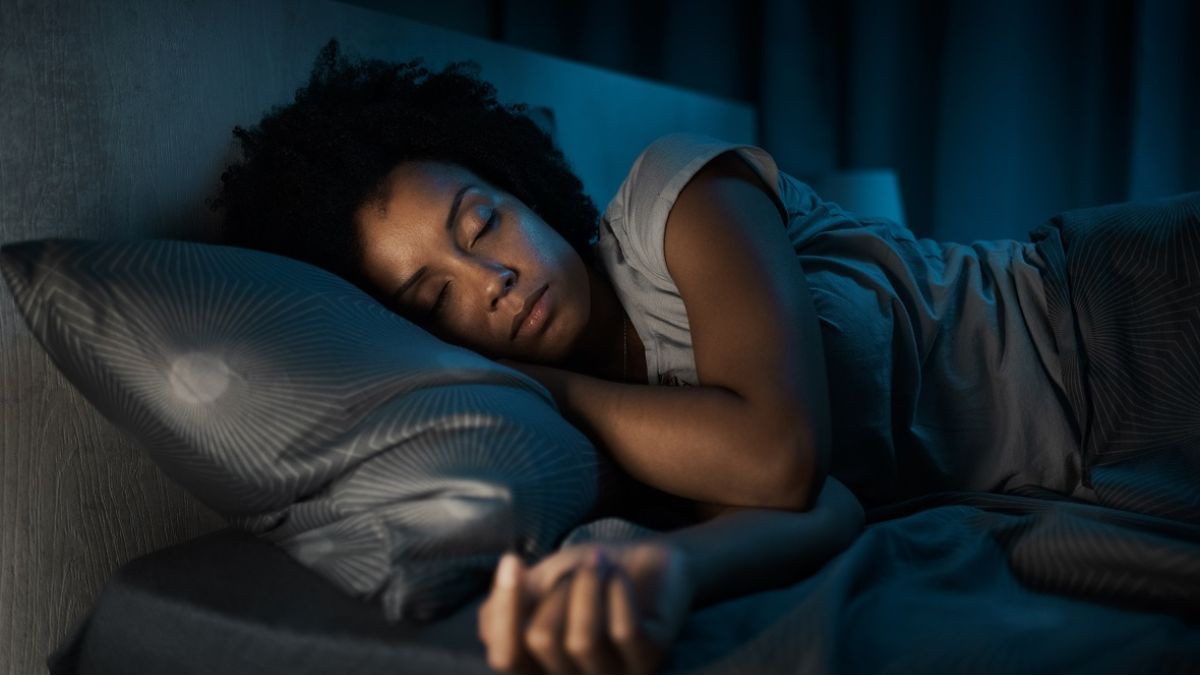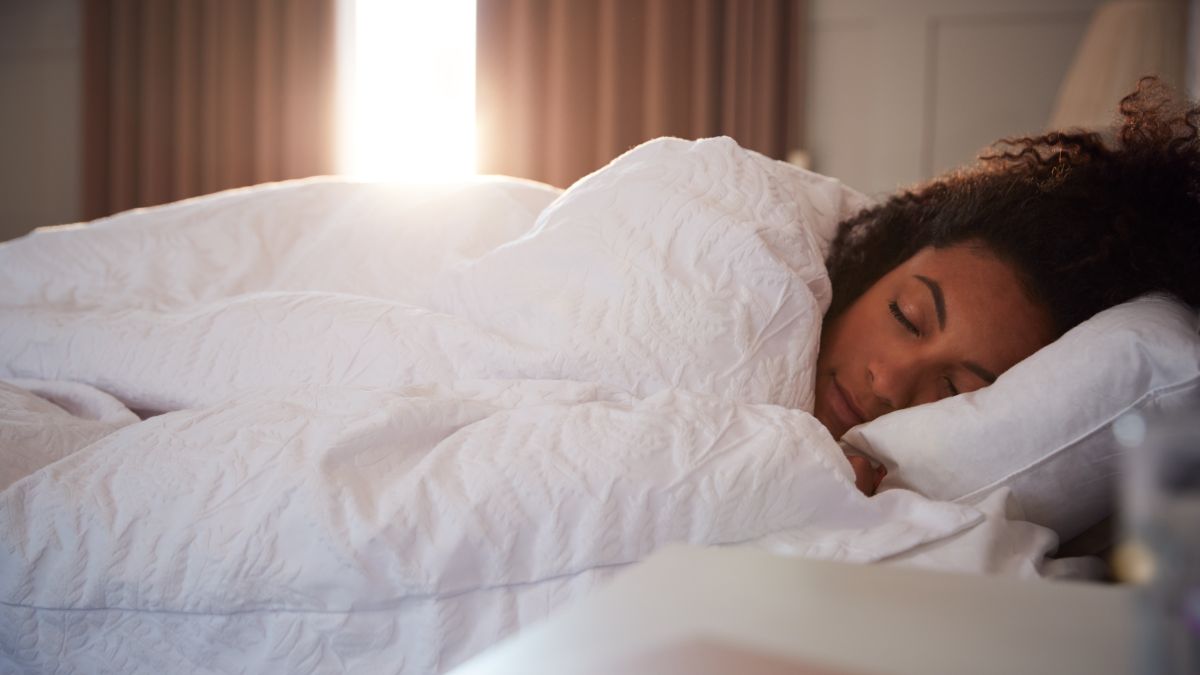Why choose Ochsner Health for sleep disorders care?
At Ochsner’s sleep centers, we’re here to help you take back your nights and wake up feeling refreshed. We have convenient locations in Covington, New Orleans, Kenner, Baton Rouge, Raceland, Morgan City, Shreveport, Lafayette, Kaplan, and Lake Charles, Louisiana and Bay St. Louis, Mississippi.
Our accredited sleep centers bring together a specialized team of experts, including doctors, nurse practitioners, respiratory therapists and other professionals. Using advanced tools and a personalized approach, we focus on diagnosing and treating sleep disorders so you can enjoy the restful, healthy sleep you deserve.






